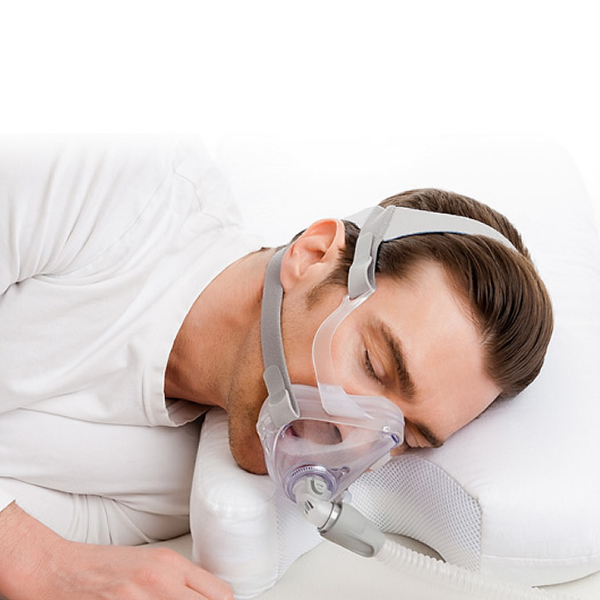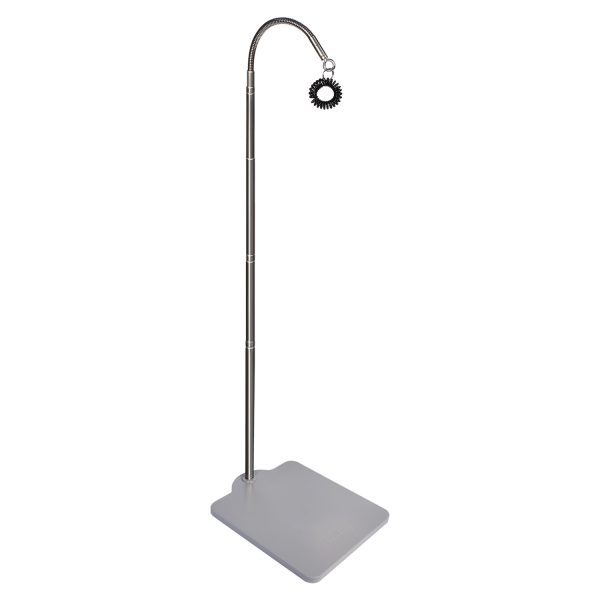- Sleep
Disorders - Screening
and treatment-
-
-
Screening
and treatment
-
-
-
- Our
DNA - Tips and
Latest News - My Account
Screening
and treatment
When we think of sleeping better, we often jump straight to the “solutions” box: ergonomic pillows, supplements, medical devices or even medication. But first – before suspecting a sleep disorder or looking for a diagnosis– we need to get back to basics: sleep hygiene.
Sleep hygiene encompasses the habits and conditions that promote quality sleep. It includes :
To remember: Regardless of your age or sleep problems, sleep hygiene is the foundation of any lasting improvement.
| Age group | Recommended duration | Sleep features | Important routines |
| Infants (0-12 months) | 12-16h (with naps) | Unformed circadian rhythms, many night-time awakenings | Bath, white noise, subdued light |
| Children (1-5 years) | 10-13h (incl. siesta) | Nightmares, night terrors, need for reassuring routine | Reading, quiet ritual, transitional object |
| Children (6-12 years) | 9-12h | More stable sleep, but sensitive to screens and school stress | Limit screens, fixed routine |
| Teenagers (13-18 years) | 8-10h | Shift in natural rhythm (natural sleep-late) | Encourage consistency, limit naps |
| Adults (18-64) | 7-9h | Stress, responsibilities, caffeine, screens | Regular routine, screen breaks |
| Seniors (65+) | 7-8h | Light sleep, frequent awakenings, naps | Physical activity during the day, stable bedtime |
Before thinking about pathology, it is important to explore the common factors that affect sleep quality:
And sometimes, despite perfect hygiene, a disorder may be to blame…
Some diagnoses can affect sleep quality or duration:
Sleep apnea is more common than you might think: it affects around 26% of adults aged between 30 and 70, but often goes undiagnosed.
In addition to good sleep hygiene, certain accessories can really improve the comfort and quality of sleep, especially for users of CPAP treatments:

Reduces mask pressure
Minimizes air leakage
Improves cervical alignment
Studies show that 78% of CPAP users who use an adapted pillow report improved comfort and adherence to treatment.

Prevents the tube from pulling on the mask during the night
Reduces movement-related interruptions
Promotes deeper, uninterrupted sleep
Sleep is much more than a moment of rest: it’s a fundamental pillar of your physical, mental and emotional health.
Whether you’re an infant struggling to fall asleep, a teenager staying up too late, or an adult struggling with chronic fatigue, it all starts with adapted, caring sleep hygiene.
Do you have any doubts, questions or need personal advice?
Our team is here to support you, listen to your needs and offer concrete solutions tailored to your specific situation.
Call us or book an appointment today. cat us
Because a good night’s sleep isn’t a luxury – it’s a necessity. And it can change everything.